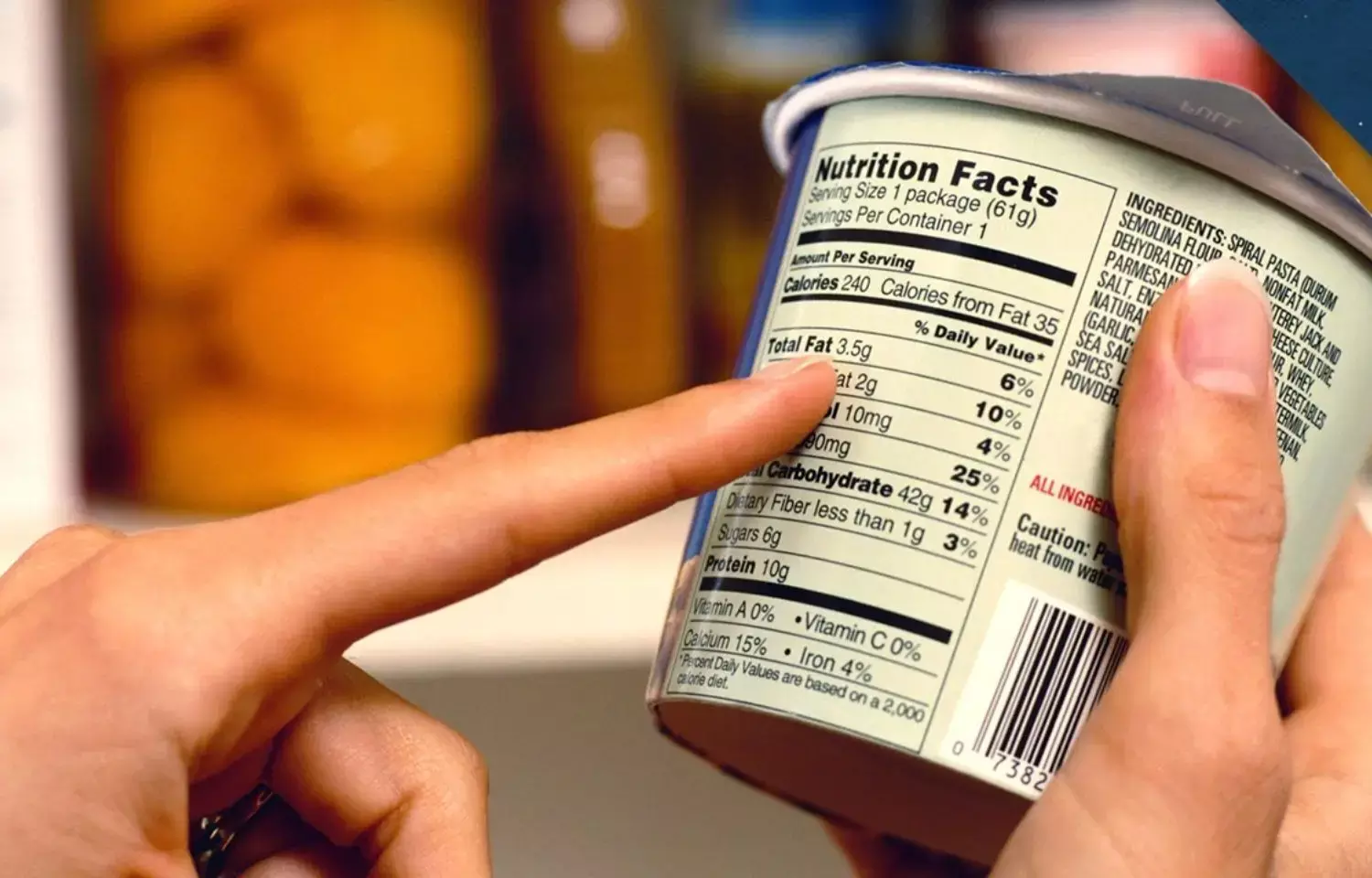- Home
- Medical news & Guidelines
- Anesthesiology
- Cardiology and CTVS
- Critical Care
- Dentistry
- Dermatology
- Diabetes and Endocrinology
- ENT
- Gastroenterology
- Medicine
- Nephrology
- Neurology
- Obstretics-Gynaecology
- Oncology
- Ophthalmology
- Orthopaedics
- Pediatrics-Neonatology
- Psychiatry
- Pulmonology
- Radiology
- Surgery
- Urology
- Laboratory Medicine
- Diet
- Nursing
- Paramedical
- Physiotherapy
- Health news
- Fact Check
- Bone Health Fact Check
- Brain Health Fact Check
- Cancer Related Fact Check
- Child Care Fact Check
- Dental and oral health fact check
- Diabetes and metabolic health fact check
- Diet and Nutrition Fact Check
- Eye and ENT Care Fact Check
- Fitness fact check
- Gut health fact check
- Heart health fact check
- Kidney health fact check
- Medical education fact check
- Men's health fact check
- Respiratory fact check
- Skin and hair care fact check
- Vaccine and Immunization fact check
- Women's health fact check
- AYUSH
- State News
- Andaman and Nicobar Islands
- Andhra Pradesh
- Arunachal Pradesh
- Assam
- Bihar
- Chandigarh
- Chattisgarh
- Dadra and Nagar Haveli
- Daman and Diu
- Delhi
- Goa
- Gujarat
- Haryana
- Himachal Pradesh
- Jammu & Kashmir
- Jharkhand
- Karnataka
- Kerala
- Ladakh
- Lakshadweep
- Madhya Pradesh
- Maharashtra
- Manipur
- Meghalaya
- Mizoram
- Nagaland
- Odisha
- Puducherry
- Punjab
- Rajasthan
- Sikkim
- Tamil Nadu
- Telangana
- Tripura
- Uttar Pradesh
- Uttrakhand
- West Bengal
- Medical Education
- Industry
Calorie labeling doesn't deter shoppers from purchasing high-calorie foods: JAMA

Massachusetts: In a longitudinal study of supermarkets, it was found that calorie labeling of prepared foods was associated with small to moderate decreases in calories purchased by the customers without evidence of substitution for packaged substitutes. The study article was published in the JAMA Internal Medicine.
A calorie is a unit to measure the energy a food provides to the body. Calorie consumption that is too low or too high will eventually lead to health problems. The number of calories in food tells us how much potential energy they contain. It is not only calories that are important, but also the substance from which the calories are taken.
The 2010 Affordable Care Act requires chain retail food establishments, including supermarkets, to post calorie information for prepared (i.e., ready-to-eat) foods. In India, the FSSAI (Food Safety and Standards Authority of India) is the authority that mandates the food labeling (nutritional value) norms. The number of calories listed on the label shows how many calories are present in one serving. Large evaluations in restaurants suggest small declines in purchases of prepared foods after labeling, but to the authors' knowledge, no studies have examined how this policy influences supermarket purchases.
Joshua Petimar, Harvard Medical School & Harvard Pilgrim Health Care Institute, Massachusetts, and colleagues conducted a study to estimate changes in calories purchased from prepared foods and potential packaged substitutes compared with control foods after calorie labeling of prepared foods in supermarkets.
Researchers analyzed data from 173 supermarkets from one chain. They compared sales 2 years before labeling implementation with sales 7 months after labeling implementation. Purchased items were classified as prepared foods, potential packaged substitutes for prepared foods, or all other (ie, control) foods. The primary outcome was mean weekly calories per transaction purchased from prepared foods, and the secondary outcome was mean weekly calories per transaction purchased from similarly packaged items (for substitution analyses). Analyses of prepared and packaged foods were stratified by food category (bakery, entrées and sides, or deli meats and cheeses).
Key findings of the study,
• calories purchased from prepared bakery items declined by 5.1% after labeling, and calories purchased from prepared deli items declined by 11.0% after labeling, adjusted for pre-labeling trends and changes in control foods; no changes were observed among prepared entrées and sides.
• Labelling was associated with decreased calories per transaction purchased from packaged bakery items, packaged entrées and sides, and packaged deli items.
The authors conclude that labels containing calorie information on prepared food items led to small to moderate decreases in calories purchased from the prepared bakery and deli items. Studies showed that calories purchased from similarly packaged items did not increase after labeling.
Reference:
Petimar J, Grummon AH, Zhang F, et al. Assessment of Calories Purchased After Calorie Labeling of Prepared Foods in a Large Supermarket Chain. JAMA Intern Med. Published online August 01, 2022. doi:10.1001/jamainternmed.2022.3065
BDS
Dr. Hiral patel (BDS) has completed BDS from Gujarat University, Baroda. She has worked in private dental steup for 8years and is currently a consulting general dentist in mumbai. She has recently completed her advanced PG diploma in clinical research and pharmacovigilance. She is passionate about writing and loves to read, analyses and write informative medical content for readers. She can be contacted at editorial@medicaldialogues.in.
Dr Kamal Kant Kohli-MBBS, DTCD- a chest specialist with more than 30 years of practice and a flair for writing clinical articles, Dr Kamal Kant Kohli joined Medical Dialogues as a Chief Editor of Medical News. Besides writing articles, as an editor, he proofreads and verifies all the medical content published on Medical Dialogues including those coming from journals, studies,medical conferences,guidelines etc. Email: drkohli@medicaldialogues.in. Contact no. 011-43720751


